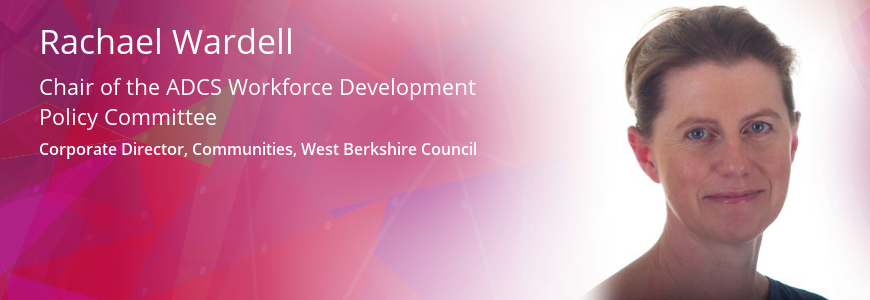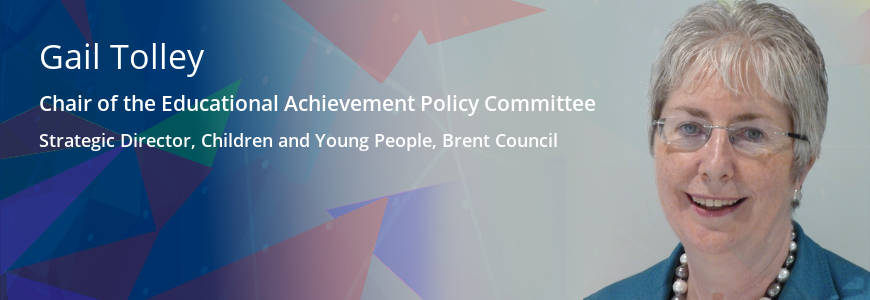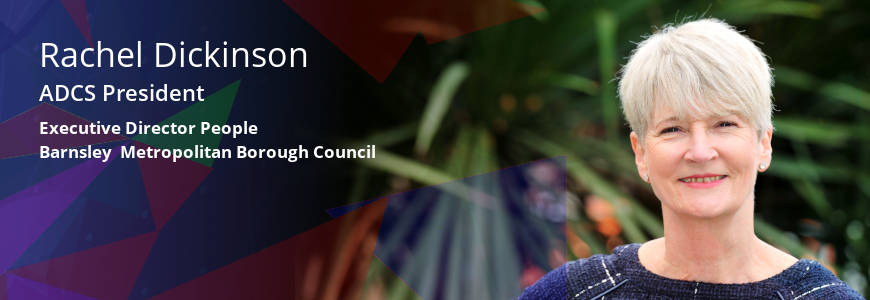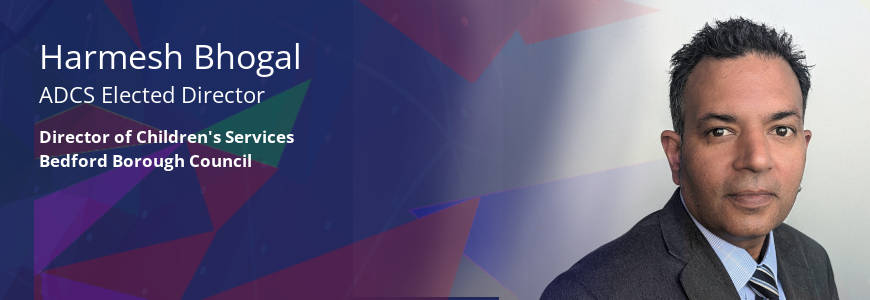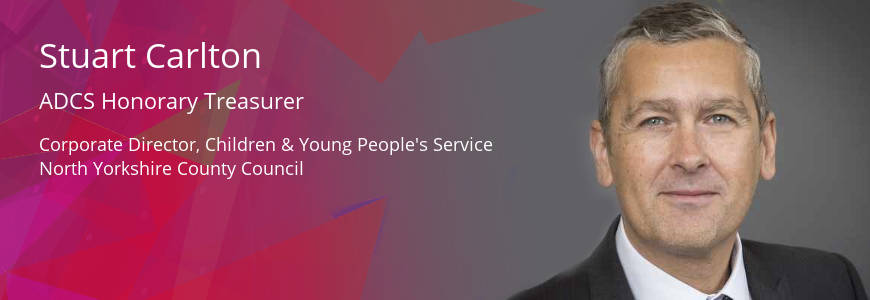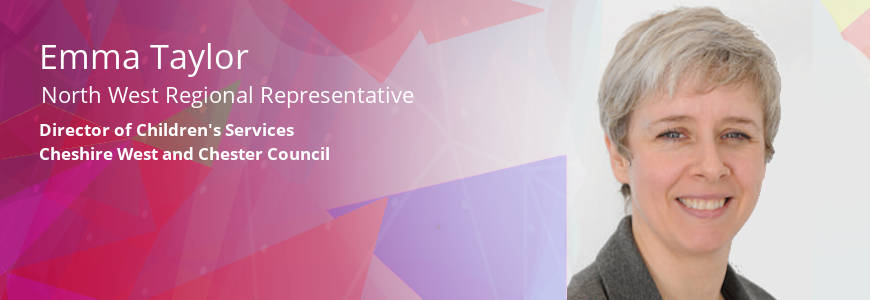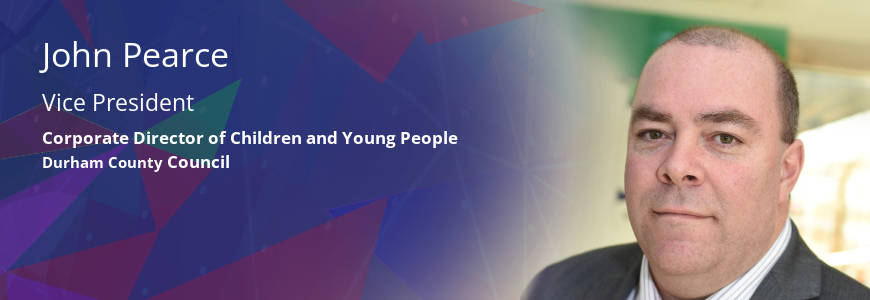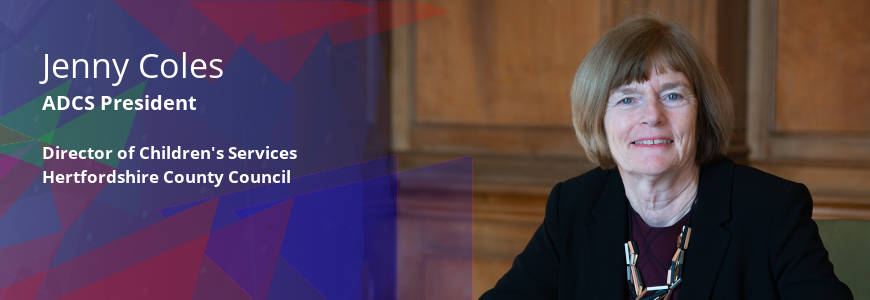Why do we do what we do?
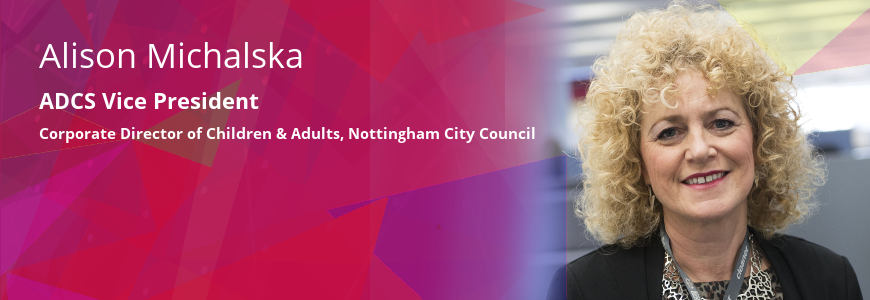
There’s a question we should all ask ourselves on a regular basis: why do we do what we do? Take a moment to think about it, because it’s really important that we understand why we are here, right now, working tirelessly for local authorities in the service of children and families.
I know my answer; it’s the difference we make, improving lives and keeping the most vulnerable children safe. I am confident that most of you will feel the same. Sharing the progress of a child in our care, the smallest recognition of a job well done or a thanks from a family or colleague makes all the difficult days (and there are plenty!) so worthwhile.
The challenge is often in how we articulate that sense of achievement and worth to our next generation of workers. People have different motivations; a different hierarchy of needs – that’s only natural – so simply making a difference to lives won’t be enough for some. And yet, if we are to ensure that the right people are ready to pick up the baton and meet the future challenges in local government, then we will surely need to understand how we tap into the right market for recruitment.
We need to be honest: our work is challenging, high pressure, under-resourced and frequently a thankless task – and almost always under the scrutiny of inspectors, watchdogs and the media. We work with some of our most vulnerable families in incredibly difficult circumstances, often against the wishes of those we are seeking to help and protect.
It’s not an easy sell to prospective employees!
In my world of children and adults services we have the same conversations in different areas of our workforce, be it teaching, social work or homecare workers. All need to recruit – often fairly urgently. But we have to be careful not to focus on recruitment need in one area of our workforce at the expense of another. So it’s vital that we understand what our ‘collective offer’ is.
In Nottingham, we have tried to take a ‘whole-city’ approach to local authority recruitment. We are marketing the city as a great destination for workers – whatever their profession. Our ‘Live, Work, Play’ banner overarches all of our activity and has allowed us to paint a picture of our vibrant city with two great universities, a youthful population, thriving bars and restaurants and many varied cultural activities. Once we have got people interested in Nottingham, we can then engage on the further benefits of the individual professions we need to recruit to – especially within children and adults services in a bid to encourage the right people to join ‘Team Nottingham’.
It’s paying off. We have targeted our two universities – Nottingham Trent University and the University of Nottingham – with a tailored campaign to retain graduates who study here, based on a similar theme of ‘Live, Work, Play, Stay’. We have been able to adapt this for graduates on teacher training courses and social work courses – and even offer paid work experience in homecare. This approach – in tandem with our award winning ASYE programme – is helping us to recruit a resilient workforce, committed to the city and its citizens.
As well as this umbrella approach, we have tried bespoke activity; a special, dedicated recruitment ‘drop-in’ event for experienced social workers to find out more about our Emergency Duty Team resulted in five applications. We set aside time to meet and greet the people who were able to come in – including a chat with our portfolio holder – to ensure they understood how important they would be to our team. All at no cost, other than our time … and a few packets of biscuits.
This idea of showing people how much they are valued is an important one! And has been common thread in the previous two ADCS blogs.
For teaching, we’ve adapted this approach into our #TeachNottingham campaign. We have tried to make it as easy as possible for people to understand the different routes into teaching with our new website. But more importantly, we’ve tried to show teachers how much we value them by attempting to address one of the single biggest issues in their profession – workload. In Nottingham, the city council is working with a city-wide Education Improvement Board to drive up standards and ensure the recruitment and retention of teachers.
So last month we introduced a new Fair Workload Charter for teachers – the first of its kind in the country. Schools and academies are being asked to sign up to the charter which pledges to give teachers:
- A fair and reasonable workload
- High-quality training and professional development opportunities that meet the needs of individual members of staff
- Competitive and attractive pay and rewards packages
- Prohibiting the use of ‘probationary period’ contracts in schools.
It’s a bold step; but already a major academy chain has signed up to be a part of this. So we know we’re on the right track. And this month, the designers of the Fair Workload Charter from our council were called to speak to the Parliamentary Select Committee for Education. The committee was keen to understand whether this could be shared elsewhere in the country.
Clearly, there’s no ‘one-size-fits-all’ approach to recruitment. But if we can show people how much we value them, how much they mean to our local authorities, and how they can help to change lives, then I believe we will be on the right path to ensure a dedicated workforce for the future.
Related Blog Articles
This Tuesday (21 March) was World Social Work Day. There was lots of activity in...
In Workforce
In ADCS Vice President Charlotte Ramsden’s blog at the beginning of 2021, she...
In Education
Next week, the Chancellor, Sajid Javid, will announce spending plans for public...
In General
On Thursday we were advised that the five tests had been met and that the phased...
In
It’s a huge privilege to become an Elected Director for the ADCS Board of...
In General
The fall out following the announcement of a new national funding formula (NFF)...
In Funding
Even more concerning is the lack of join-up nationally where responsibility for...
In General
One of the lasting impressions left by my leadership development training with...
In Leadership
Recently, I chaired the North West’s School Improvement Group and also led a...
In Education
If I was going to choose a word for 2024 (which I’m not, as that would be...
In Education
Judging by the ADCS twitter feed and the DfE website ‘World Social Work Day’...
In Workforce
Earlier this week I attended a development day on Ethical Leadership in Public...
In Leadership
Looking outside at the spring sunshine it feels like change is in the air,...
In Workforce
Directors of children’s services (DCSs) are all kinds of different characters,...
In Workforce
All schools and colleges across the country are now allowed to open more widely...

